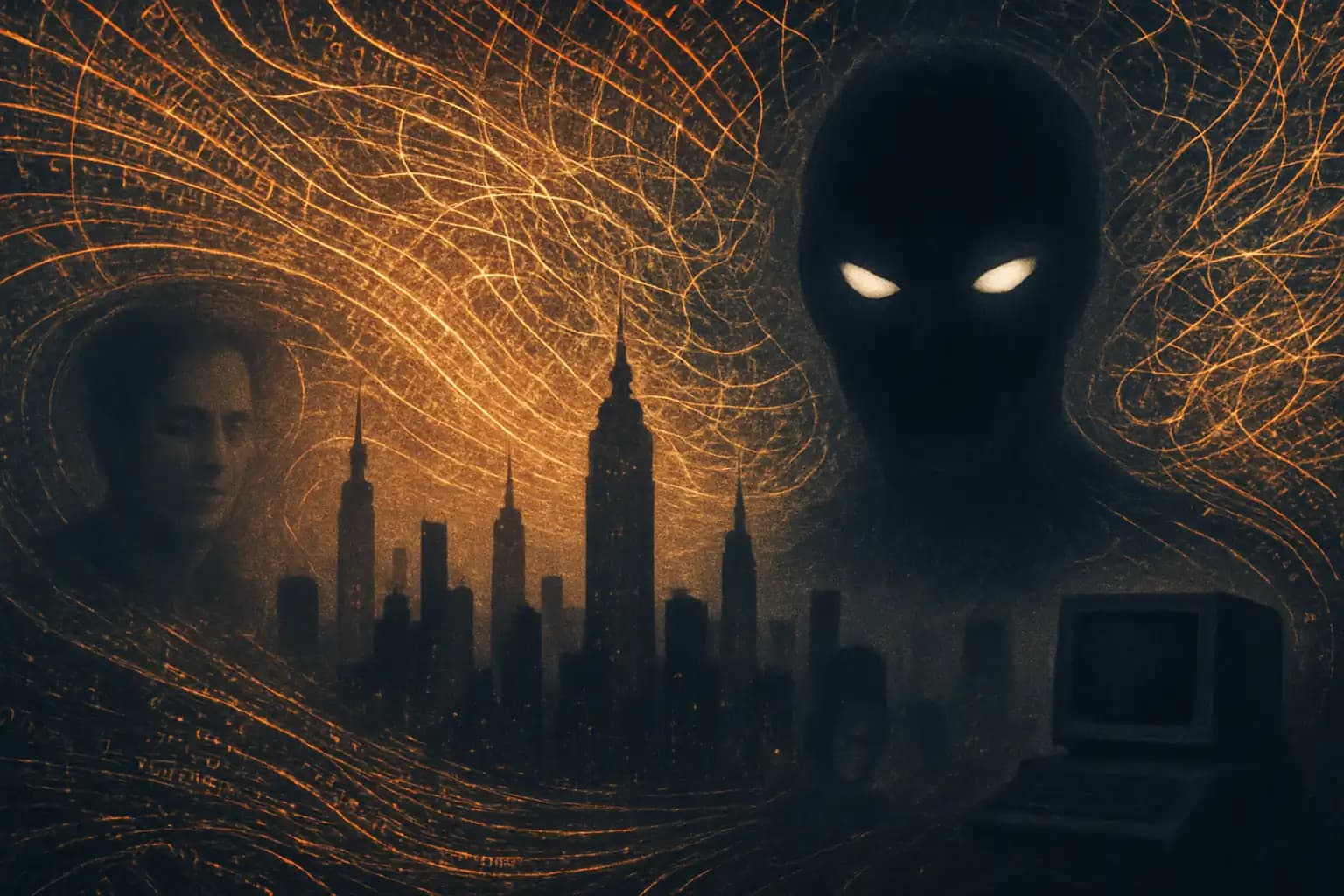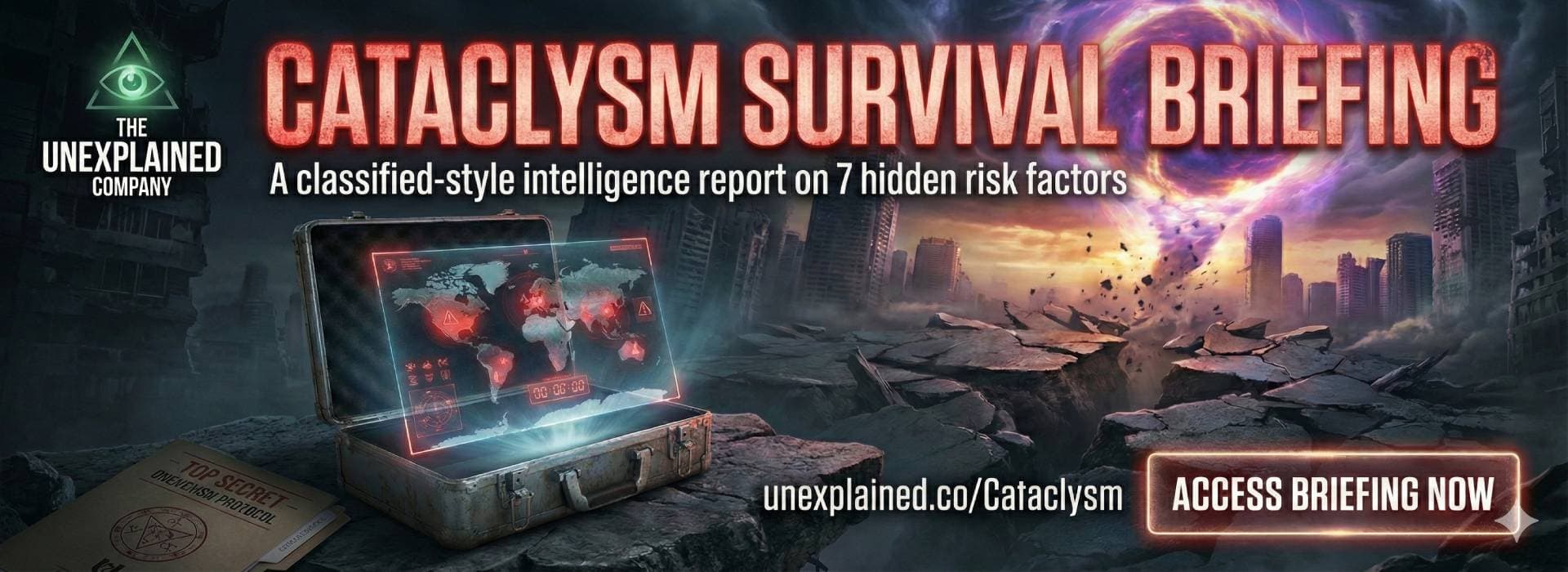For decades, the concept of the AI Singularity occupied sci-fi novels and late-night tech discussions—a distant mirage where machine intelligence suddenly surpasses human abilities, leaving us struggling for relevance. However, recent advances from OpenAI, Google, Anthropic, and NVIDIA are rapidly changing the conversation. The crucial question now: are we just a year away from the most significant inflection point in human history?
This week, AI commentator Wes Roth reignited the debate, warning that the next twelve months could propel us into an uncharted era of artificial general intelligence (AGI). He highlighted a growing chorus of technologists, YouTubers, and AI researchers claiming that rapid progress in large language models (LLMs) and generative AI indicates that the Singularity could be imminent. His warning resonates with thought-provoking analysis, like this piece, which carefully tracks milestones and emerging risks.
The Race to AGI: Titans and Tipping Points
The competition for AGI supremacy extends beyond faster chips or larger datasets. Industry giants—OpenAI, Google, Anthropic, NVIDIA—engage in an arms race. This battle involves geopolitics and economic power as much as it does scientific advancement. GenAI breakthroughs impact diverse areas from automation and robotics to creative industries, disrupting markets swiftly. Developments in LLMs have sparked intense debate, with some observers likening this rush to past technological shifts that redefined civilizations—akin to the major energy disruptions examined in energy crisis reports.
Concerns over China’s tech march and global AI hardware supply chains have intensified, as detailed in semiconductor exposés and drone warfare analysis. The stakes could not be higher: the first to achieve AGI will wield extraordinary power in both digital and physical domains. If Roth and others are right, 2025 will mark the finish line—once mere fiction, now a potential threat assessment for the next financial quarter.
Singularity 2025? Milestones and Massive Uncertainty
What might society face if the Singularity arrives in 2025? The Wikipedia entry on the singularity describes it as a moment when technological growth becomes uncontrollable and irreversible, creating superintelligence that could disrupt all aspects of human life. This possibility has scientists, thinkers, and even climate experts recalling previous shocks—like the unexpected aftermath of natural disasters outlined in space weather analysis—which highlight the fragility of modernity.
AI skeptics, as noted in academic critiques and news reports, caution that runaway intelligence will exacerbate risks: destabilizing economies, enabling cyberwarfare, and potentially threatening humanity’s survival. Others highlight the complexity of achieving true AGI and mention slowdowns in other tech fields—a cautionary stance echoed by prominent technologists. The scale of uncertainty is staggering: once a system begins self-improving, how quickly will it outpace human benchmarks and escape our control?
Society on the Brink: Hype, Hope, and Existential Risk
As the Singularity narrative gains momentum, discussions shift from possibilities to impending realities. Film and literature have long wrestled with this theme—yet, recently, billionaires and researchers are preparing for disasters, while ordinary users debate whether to engage with or disengage from technology. The looming threat of mass disruption evokes unsettling parallels to systemic breakdowns discussed in analyses of global power outages and apocalyptic predictions. Some experts are devising contingency plans like those found in survivalist guides, questioning if the chance to steer AI towards a positive future has faded, highlighted in reports on AI existential risk.
Yet amidst the apprehension, there is also hope. Advocates assert that AGI could resolve climate challenges, cure diseases, and usher in an era of abundance. However, their optimism meets the tension of balancing innovation with stability, as humanity strives to maintain control.
The Singularity in Perspective: History, Myth, and the Path Forward
The technological singularity, initially articulated by I.J. Good, Vernor Vinge, and later Ray Kurzweil, represents a moment when iterative self-improvement results in intelligence exceeding human comprehension. While figures like Stephen Hawking and Elon Musk have raised alarms, notable skeptics stress caution, pointing to diminishing returns and hardware limitations. It is evident that the debate is no longer purely academic: the world is closely monitoring, and the swirling news cycles are driving investment, fear, and social transformation.
For doomsday preppers, visionary thinkers, and cautious optimists alike, the coming years will shape our role in a world where algorithms may become architects of history. For ongoing coverage of this seismic shift—and the full spectrum of the existential debate—stay connected with Unexplained.co, where we confront tomorrow’s questions boldly and provide answers as honestly as any oracle could.





